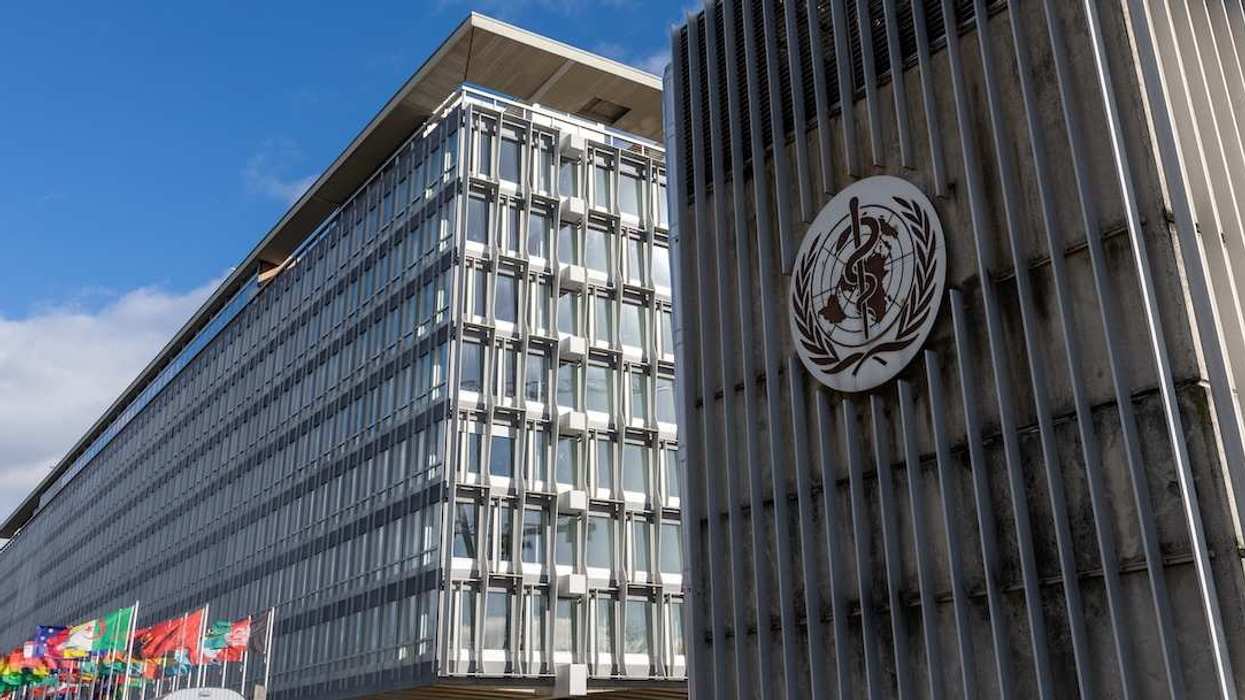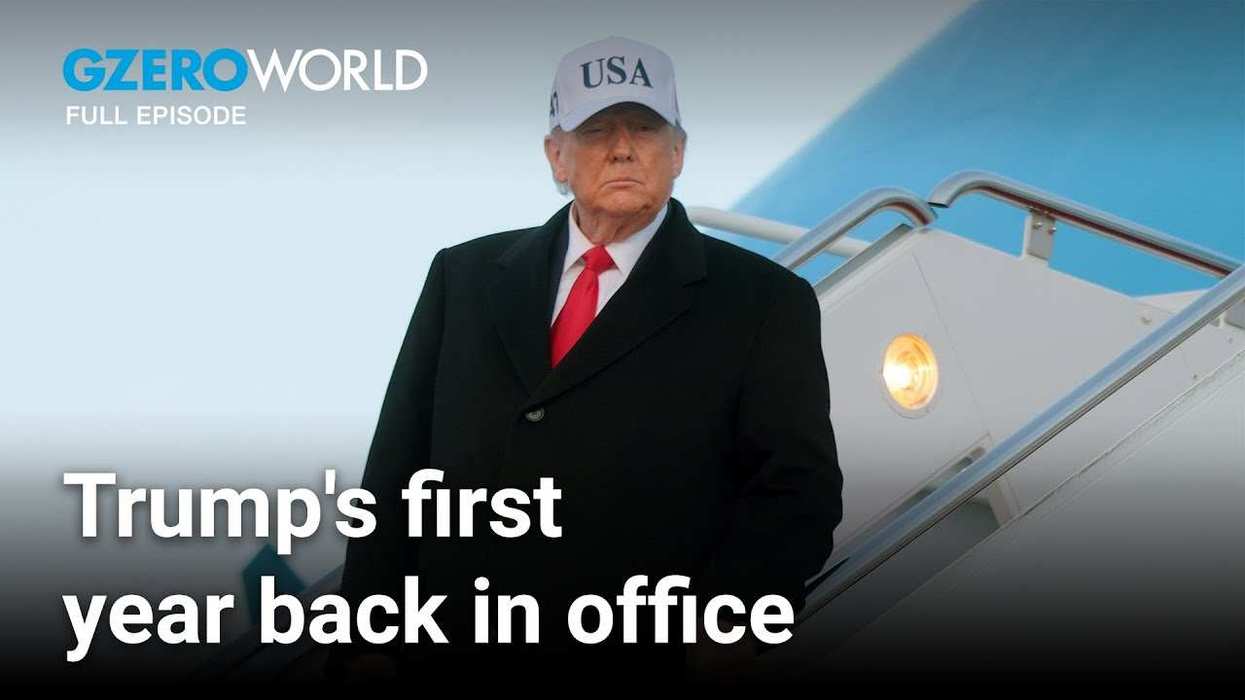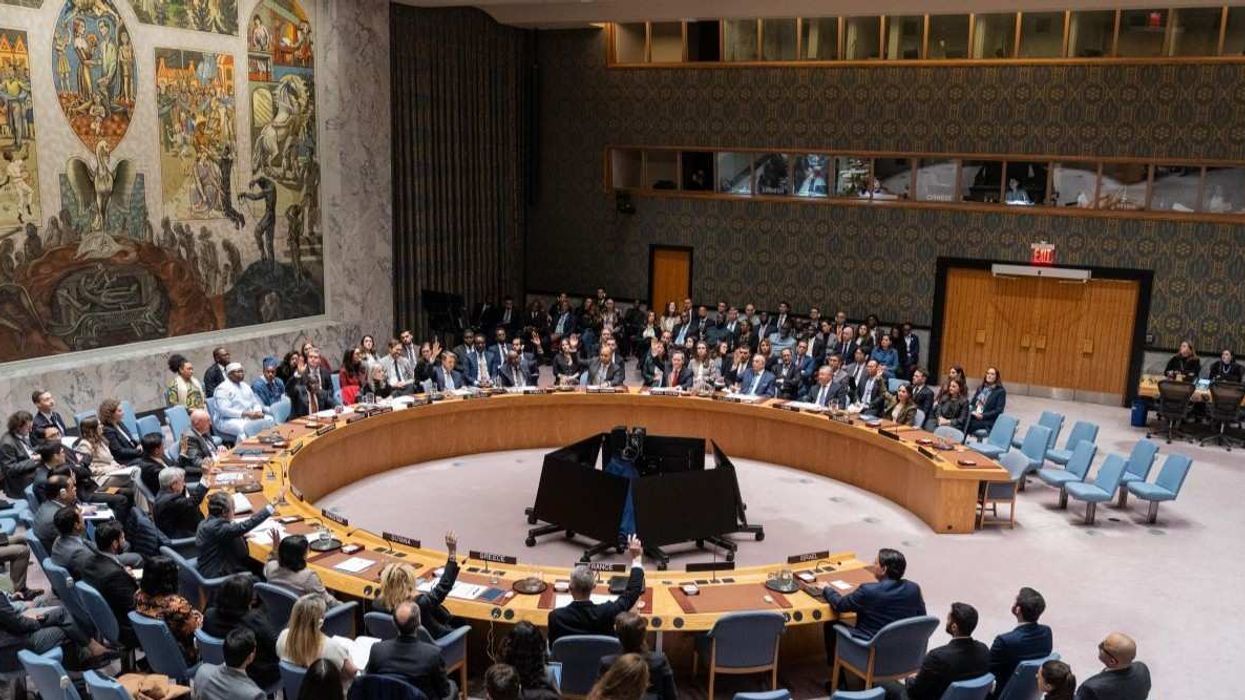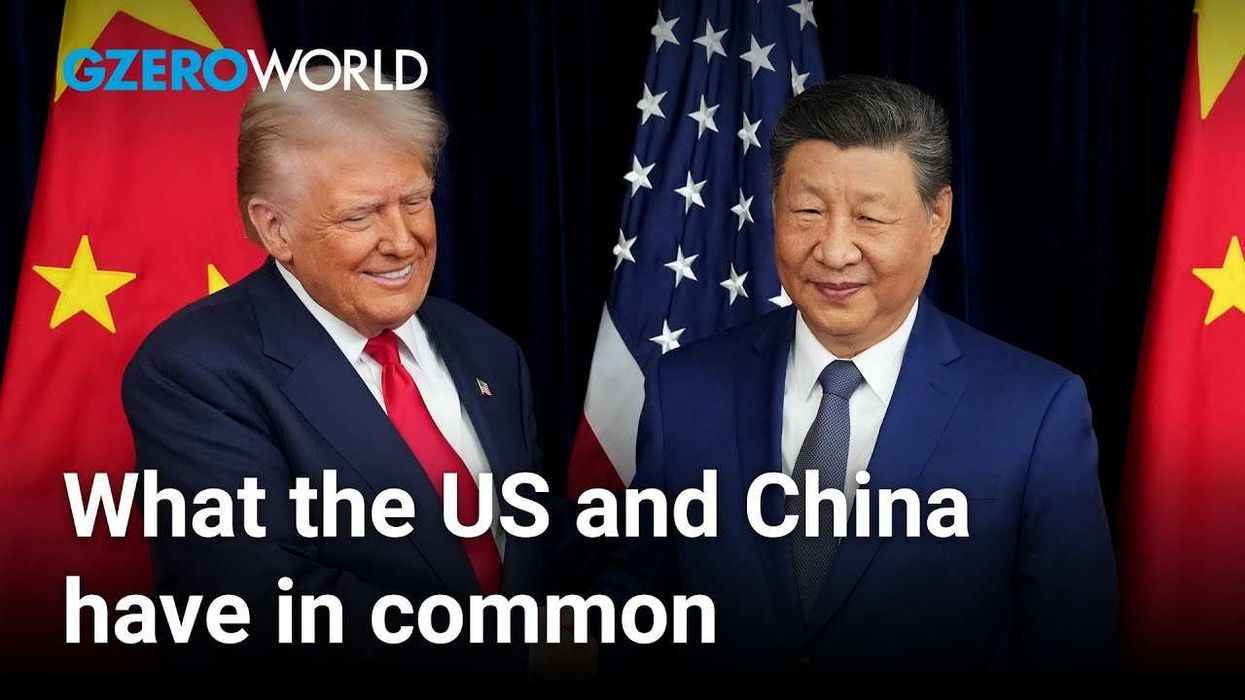Analysis
America’s WHO exit leaves a leadership vacuum
Seventy-eight years after helping found the World Health Organization (WHO), the United States has formally withdrawn from the agency, following through on a pledge President Donald Trump made on his first day back in office.
Jan 26, 2026










